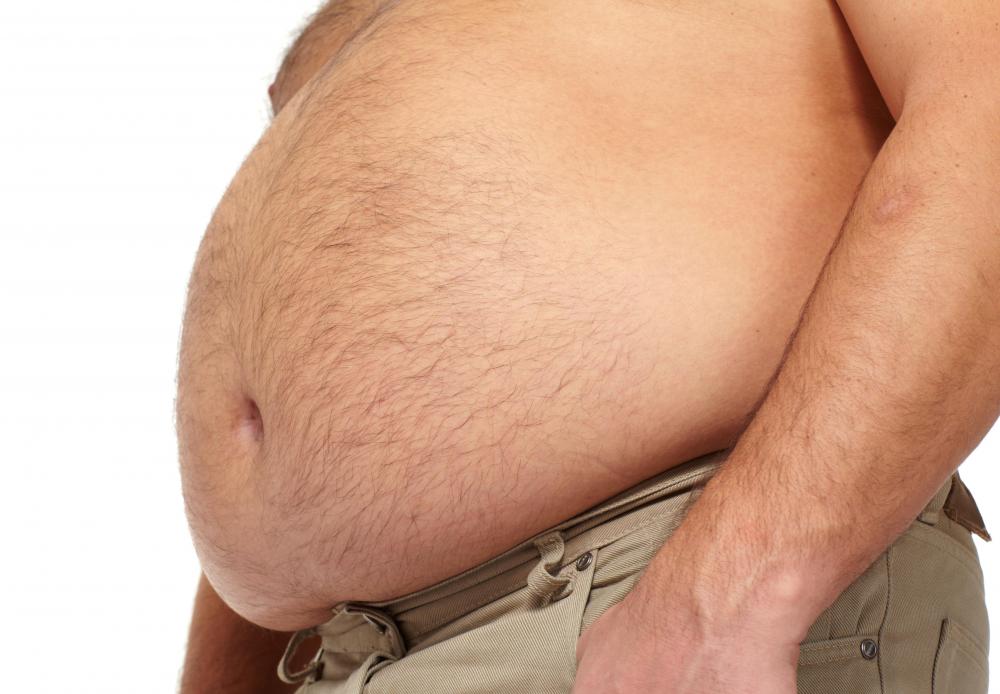At WiseGEEK, we're committed to delivering accurate, trustworthy information. Our expert-authored content is rigorously fact-checked and sourced from credible authorities. Discover how we uphold the highest standards in providing you with reliable knowledge.
What is Testosterone Therapy?
Also known as testosterone supplementation or testosterone replacement therapy (TRT), testosterone therapy is the injection, consumption, or topical application of testosterone, which is the most important male hormone or androgen. Testosterone therapy is most often prescribed for men with testosterone deficiency, and typically becomes a lifelong treatment that requires regular medical monitoring throughout the patient’s life. Testosterone therapy can be administered in a variety of ways, including topical creams, gels, or patches; implants, injections, and capsules.
Testosterone deficiency is defined as an inability of the body to produce sufficient testosterone levels required for it to function properly. It affects roughly one in every 200 men under the age of 60, and can be caused by such factors as obesity, aging, and illness. Testosterone deficiency is determined by a medical professional following at least two blood tests. Although a diagnosis is not life-threatening in and of itself, low testosterone levels may increase the risk of developing Alzheimer’s disease, and can be detrimental to the patient’s quality of life. Testosterone deficiency can impede the growth of muscles and bones, the production of red blood cells, and the libido. The source of testosterone deficiency may originate in the brain, causing an uneven or interrupted flow of testosterone carried in the blood and distributed throughout the body, such as to the muscle, hair and skin. Testosterone deficiency might also be the result of a testicular malfunction, such as hypogonadism.

Side effects of testosterone therapy may include acne and increased oil production in the skin, difficulty urinating, and the advancement of pre-existing sleep apnea or prostate cancer. If testosterone therapy is administered in the wrong dosages, it can also cause the development of breasts, or gynecomastia. This side effect can be prevented by ensuring proper dosages or taking certain supplementary medications. On the positive side, testosterone therapy may help guard against a series of health problems, including obesity, type 2 diabetes, osteoporosis, depression, anxiety, and cardio-vascular disease.

In the sports world, testosterone and other anabolic steroids have been taken by athletes to improve their performance. By accelerating the protein synthesis of the muscles, testosterone can grow the muscle fibers and enhance athletic endurance. In 1990, the US Congress’s Anabolic Steroid Control Act declared anabolic steroids, including testosterone, “controlled substances”. Although the use of controlled substances for athletic advantage are prohibited in professional sports, the abuse of testosterone and other steroids by professional athletes remains a problem, and usually results in scandal when exposed.
AS FEATURED ON:
AS FEATURED ON:













Discussion Comments
@B707 - Many men over 60 are thinking about this situation. Some are just starting to feel the effects of a drop in their testosterone level. They probably make renewed efforts to step up their exercise and challenge themselves.
Others have been experiencing abnormal lowering of testosterone since their forties. They probably welcome the therapy.
A doctor will tell you that there are possible side effects to testosterone therapy for men. On the other hand, there are also positive effects - such as less chance of osteoporosis, better heart health, better sexual functioning, more muscle strength, and improved mood.
Each individual man has to weigh the pros and cons of treatment, and decide for himself.
I have been reading a little about andropause. From what I can gather, it is a condition experienced by older males. The levels of testosterone gradually go down as men age.
Their male characteristics, such as muscle bulk and strength, body hair,and height decrease. In addition, they lose a lot of their sexual abilities and desires.
I'm wondering what's best. Should men just accept what is happening to them as they age? Or, should those who want treatment, go ahead and get it, even though medical science doesn't know the effects of testosterone therapy?
Post your comments